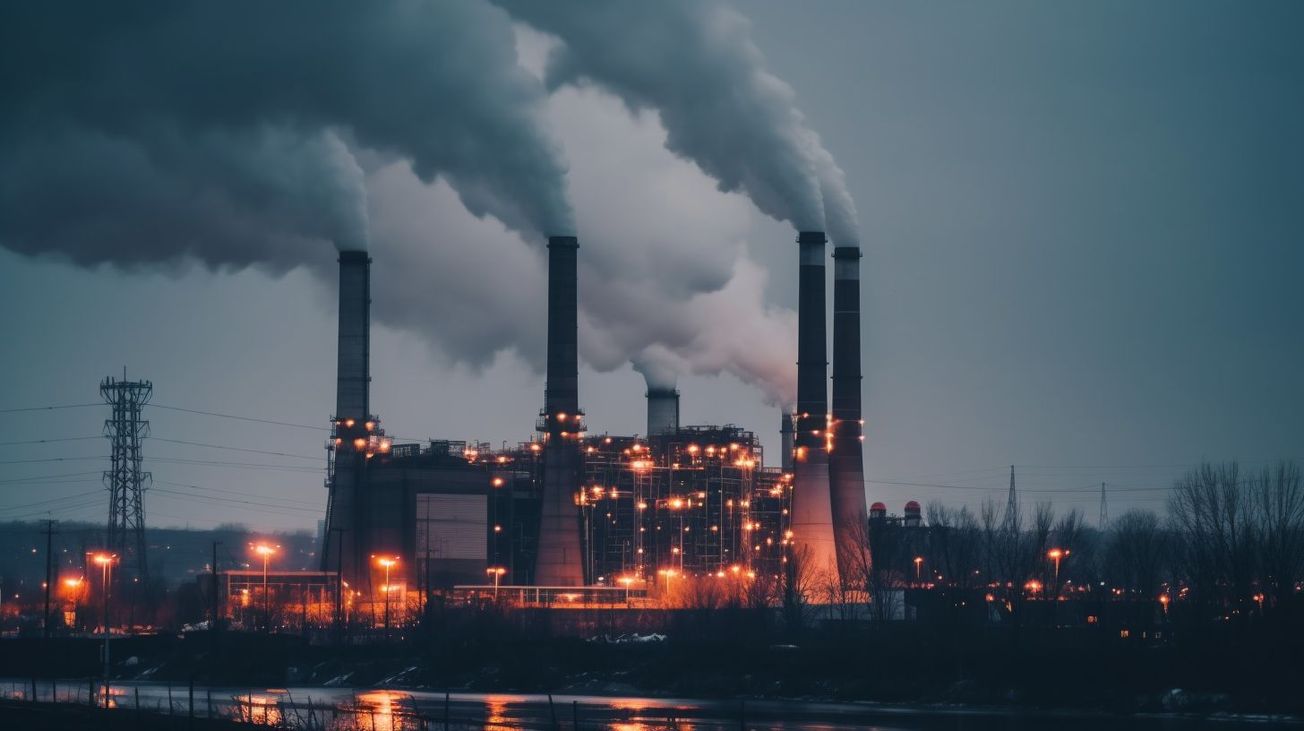The Biden administration is preparing to roll out a proposal that would require fossil fuel-fired power plants in the US to reduce their carbon emissions or use expensive carbon capture technology. This regulation would be the first-ever federal effort aimed at curbing such emissions, and it could have far-reaching effects on the nation's energy sector.
According to data from the Environmental Protection Agency (EPA), there are currently 3,393 fossil fuel-fired power plants operating across the US, with the majority of them being natural gas facilities. The new regulations would force these plants to cut back on harmful emissions by utilizing state-of-the-art technology or shifting away from reliance on fossil fuels entirely by adopting renewable forms of energy.
However, not everyone is supportive of the proposal. The fossil fuel industry has pushed back against the move, claiming that while the transition to renewable energy may be inevitable, this rapid shift threatens to destabilize the country's energy infrastructure. And just recently, the US Supreme Court dealt a blow to efforts to regulate power plant emissions when they limited how the Clean Air Act can be used to restrict carbon dioxide output.
Despite this setback, the EPA maintains that it will continue working to create regulatory standards for power plant emissions. "The EPA needs to move expeditiously, proposing power plant carbon standards soon as promised and finalizing them by early next year," said an agency spokesperson. However, this was met with resistance as power plant operators serving over 40 million people called for more flexibility to maintain reliable service whilst reducing emissions.
The looming threat of climate change makes the proposed regulations more relevant now than ever before. It is estimated that if left unchecked, the consequences of climate change could be catastrophic. Therefore, reducing carbon emissions could become one of the most critical things we need to do to combat global warming, making the proposed rules crucial to safeguard future generations.
Overall, the EPA's draft proposals come as part of the wider push towards cleaner energy solutions globally. The United States cannot afford to lag behind; instead, it must embrace this shift towards renewable energy sources and environmental regulations to safeguard the future of the planet. By doing so, it can position itself as a leader in the fight against climate change and stay at the forefront of emerging technologies that will undoubtedly shape our world in years to come.
Biden administration to force power plants to curb emissions or utilize carbon capture technology
The Biden administration is preparing to roll out a proposal that would require fossil fuel-fired power plants in the US to reduce their carbon emissions or use expensive carbon capture technology.





